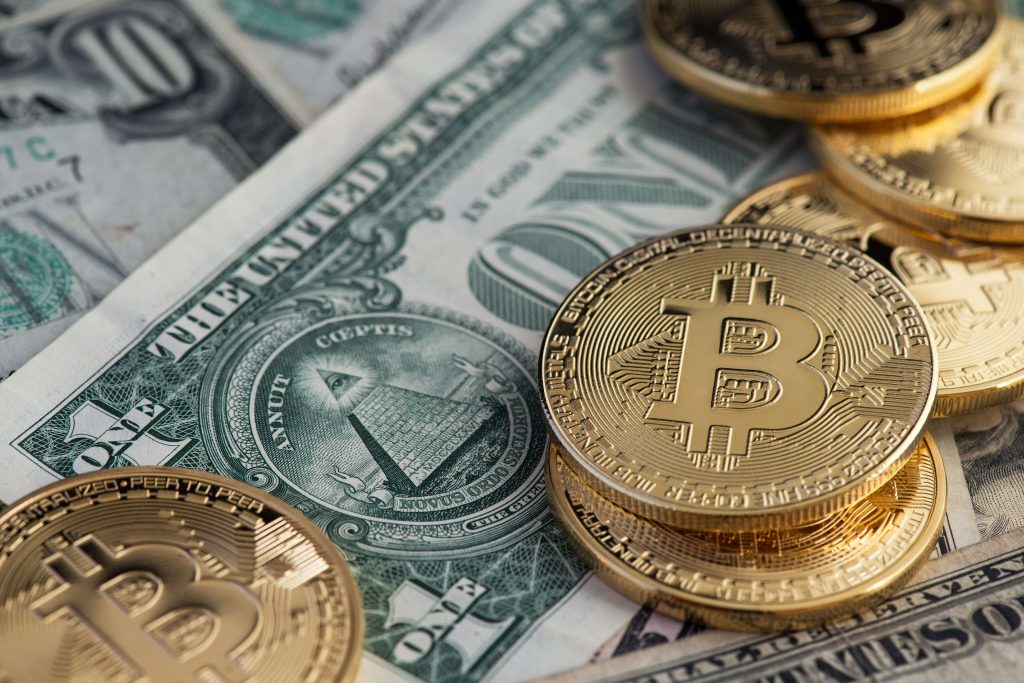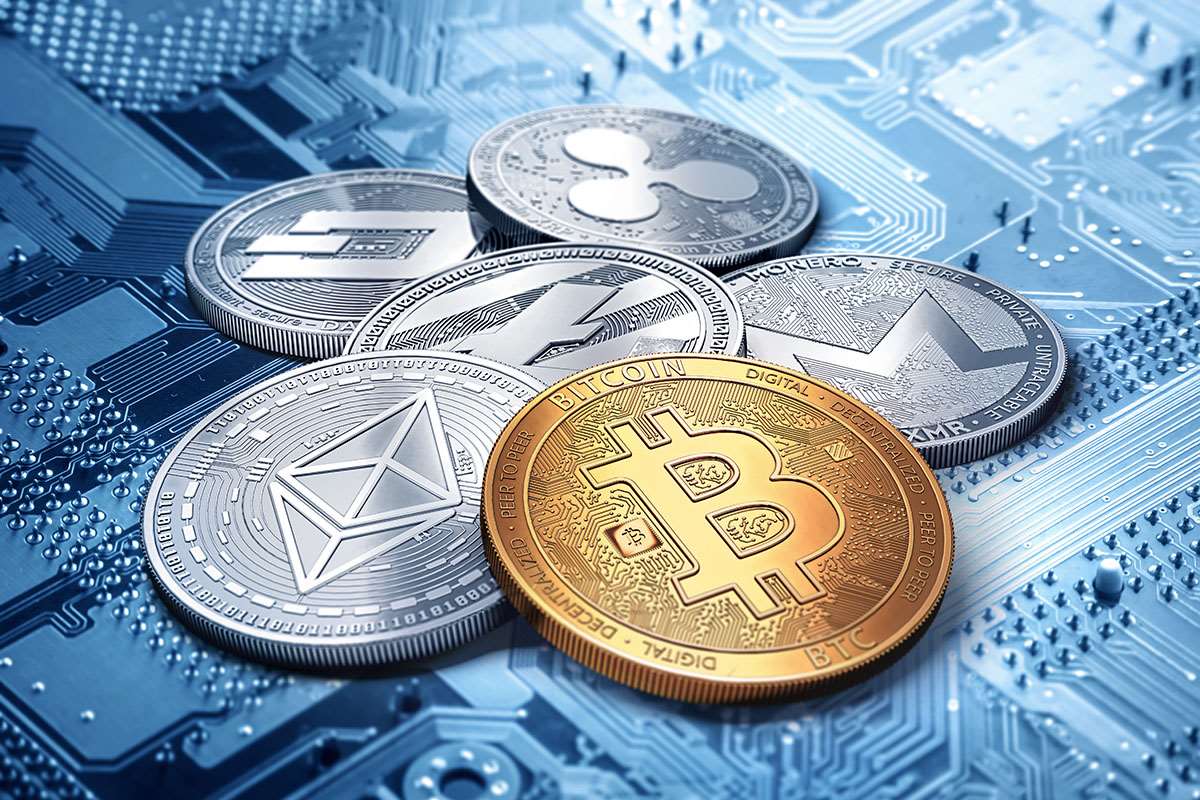What is DEX or a Decentralized Exchange?

A DEX, or decentralized exchange, is a peer-to-peer platform that enables pair matching on a blockchain so that users can make orders to trade crypto without using a third party. No central authority is managing the trading process, nor has control over users’ accounts and their crypto savings.
If you want to transfer fiat money from one bank account to another, you use the services of a bank. They can freeze your account, forbid the transaction, etc. The bank has control over your funds and financial operations, and sometimes you pay significant fees for their services.
The situation is the opposite when you utilize the services of DEXs. The sole idea of a cryptocurrency is that it operates on a decentralized system called a blockchain. It isn’t controlled by any central authority. Meaning, DEX meets this main requirement of crypto when you can trade one coin for another without using a bank, broker, agent, etc.
Several popular DEXs are Uniswap, Curve, DODO, SushiSwap, Bancor, Balancer, Gnosis, and other DEXs. Thanks to cryptocurrency and blockchain technology, we no longer need intermediaries to trade money.
Strangers can trust each other and safely trade cryptos without the help of banks and other central authorities. As a result, fees got lower. Such technology offers a lot of potential, it is possible to completely change the economic and trading worlds.
How DEXs Operate?
When using DEX, a user can make an order to sell a cryptocurrency at a certain price. A DEX links buyers with sellers, but only in cryptocurrency. For example, if you are familiar with centralized crypto exchanges, then you purchase digital tokens in exchange for fiat money. Decentralized exchanges operate directly on the blockchain, so fiat money exchange is impossible.
All transactions are verified through the usage of self-executing mechanisms called smart contracts. Thanks to smart contracts, DEXs don’t need any third parties to trade currencies.
DEXs operate directly on blockchains, and users of these blockchains need separate private wallets. Unlike when using a centralized exchange (CEX) where you don’t own the currency until you transfer it to the private wallet, you own your funds when using a DEX.
There is one significant factor to take note of, the fee. Since you own your funds, you have to pay a transaction fee (to transfer funds), and a trading fee. Traders have to use smart contracts to make use of DEX, and it’s a rather complicated process that requires more advanced skills in crypto.
All decentralized exchanges are broken into three main groups:
- Automated market makers.
- DEX aggregators.
- Order books.
Order books DEXs are also divided into two groups:
- on-chain;
- off-chain.
All three main groups of DEXs enable users to trade without any intermediaries thanks to smart contracts technology. Most of these DEXs are also non-custodial, meaning, users have control of their private keys and own their funds. Learn more about custodial and non-custodial types of decentralized platforms in the following section.

Types of Exchanges
Custodial means custody, it’s simple. A custodial exchange has custody over the private keys used to verify transactions on the crypto wallet. For example, take a look at Kraken, it’s a centralized crypto trade platform. You bought Ethereum, Bitcoin, or Solana coins, and it shows on your account that you hold a certain number of these tokens.
But in reality, you don’t have custody over the private key of a crypto wallet attached to the Kraken platform. Only when you ask for permission to transfer funds onto a personal wallet that you get total control over your coins. Kraken in this case is a custodial exchange. If the platform is attacked by hackers, or its work is disrupted, you might lose access to your funds.
A non-custodial exchange doesn’t use a platform’s wallet like in a situation with a central exchange. Instead, they allow users to use personal wallets – hardware or software depending on users’ preferences. To make an order for a trade, the user utilizes a personal wallet and a personal private key to confirm transactions. The exchange in this case is like a matching mechanism that connects one user with another.
To sum up, a custodial platform is a centralized exchange. Instead of allowing you to use a private wallet to make exchanges, it allows you to use their wallet. Only when you move funds to a personal wallet, you get full ownership of the crypto you bought.
Decentralized platforms are non-custodial exchanges. Instead of locking your crypto on their wallet, you are allowed to utilize a personal crypto wallet. It’s safer to use a non-custodial DEX.
Advantages of DEX Platforms
Any product, service, platform, etc., have advantages and disadvantages. The benefits of DEXs are appealing enough to make traders give preference towards decentralization. So, check some of the advantages of using DEXs.
Privacy Thanks to No-Third-Party Rule
When creating an account on CEX, you have to add personal information. It usually requires a phone number and an email, name, surname, credit or debit card info, etc. This info can be potentially leaked or stolen. Even if a user switches on the two-step authentication, hackers can still break into their account.
DEX doesn’t require you to prove your identity. All you need is a crypto wallet and the idea of how to use DEX. The last part can be tricky though.
Trade of All Cryptos
Popular CEXs may offer a plethora of digital tokens to exchanges. Possibilities seem endless until you switch to DEX. Decentralized exchanges allow you to trade ALL cryptos. Even the most obscure and unknown ones.
Security Thanks to Non-Custodial Principle
A private key protected every day keeps the hacker away. All jokes aside, DEX won’t ask you to transfer funds onto their account simply to trade (like when using CEX). Meaning, to keep your funds safe, you should simply keep your wallet safe. It’s an easy task as long as you don’t reveal a private key or a seed phrase.
Less Vulnerable to Hacker Attacks
A decentralized exchange is built on a blockchain, so it is managed by a network of computers all over the globe. It is much more difficult to hack into such a network because of its decentralization. But that’s also the reason why it is so difficult to create and test DEXs.
No Downtime
No updates or failures of the system can impact the work of a decentralized platform. All updates are accomplished on the level of single nodes. When one goes down, there is a system of thousands if not millions of other components that keep DEX afloat. Hence, you can’t get disconnected when using a platform of this type.
Nearly Impossible to Impact Prices
CEX platforms might be interested in price manipulation since they are operated by central authorities. But DEXs have no such interest. There is no place for any scams.
Accessibility for Start-Ups
As it was mentioned, any user can find any (literally any) cryptocurrency to trade. This peculiarity opens the doors to start-up projects since they don’t have to pay insane fees to get exposure. By presenting a project directly on DEX, it gets the necessary liquidity if there are any interested investors.
Disadvantages of DEX Platforms
Even considering all the benefits, a lot of users pay more attention to the cons of using DEXs. If you don’t know how to utilize the decentralized exchange platform, this lack of knowledge might lead to many troubles. Check the cons of DEXs below.
No Way Back
When using a CEX platform, there are little to no mistakes when conducting a financial operation. Even if you accidentally send coins to the wrong address, you can still freeze the exchange by proving your identity. On a DEX, you are completely anonymous and there is no way to return funds.
Low Speed of Transactions
DEX depends on a blockchain. If the blockchain is slow to validate transactions, it might take time to get funds.
Limited Functions
Even though it seems possible to lend crypto, make trades, and conduct other operations, the use of DEX is narrowed to the “buy-sell” process. It’s easier to develop a centralized platform and add more functions since it can be tested.
That’s not the case with DEXs. They still have the potential when developers figure out how to test decentralized systems run by millions of computers all over the globe.
Too Complicated
Even considering the limited functionality of DEXs, they are somehow too complicated. You need to have better skills than just basic knowledge of crypto to make use of a DEX.
Decentralized vs Centralized Exchanges
The usage of centralized exchange platforms seems to be the easy choice. You don’t have to dive into the world of decentralized blockchain systems. You are just required to create an account and start trading.
But when you do so, you make your personal information vulnerable. Your ID info, email, phone number, even bank account info may be potentially stolen. And no SSL certification or two-step authentication will save you.
Moreover, you don’t even own your coins when you start the trade process. To start the trading process, you need to pass a certain number of coins to the exchange wallet. Then you confirm exchange and get needed tokens. And yet you don’t own them until they are safely stored in a personal wallet. Such vulnerability opens a door to hackers.
Even though decentralized exchanges don’t have that many fans, they are safer. They aren’t completely decentralized though and can be susceptible to hacker attacks, especially considering how difficult it is to test these platforms.
And yet you use funds without a central authority looming over your crypto savings, forcing you to give them custody over your funds and making them susceptible to theft. DEX seems like a safer option.
